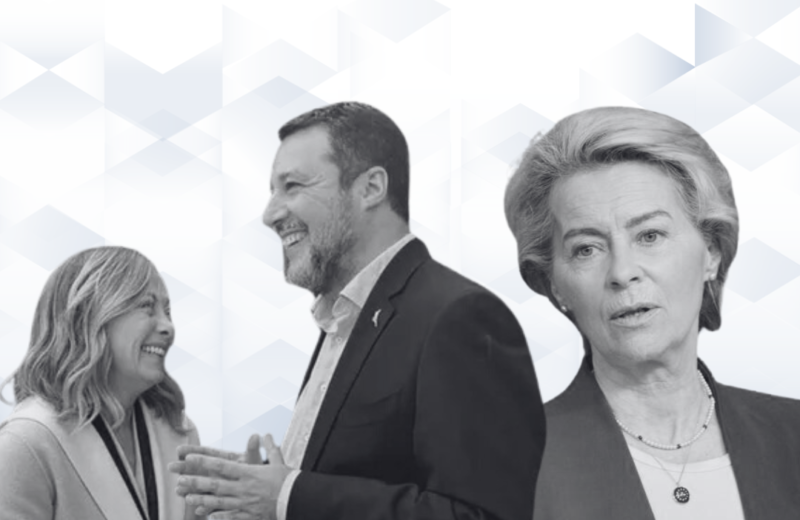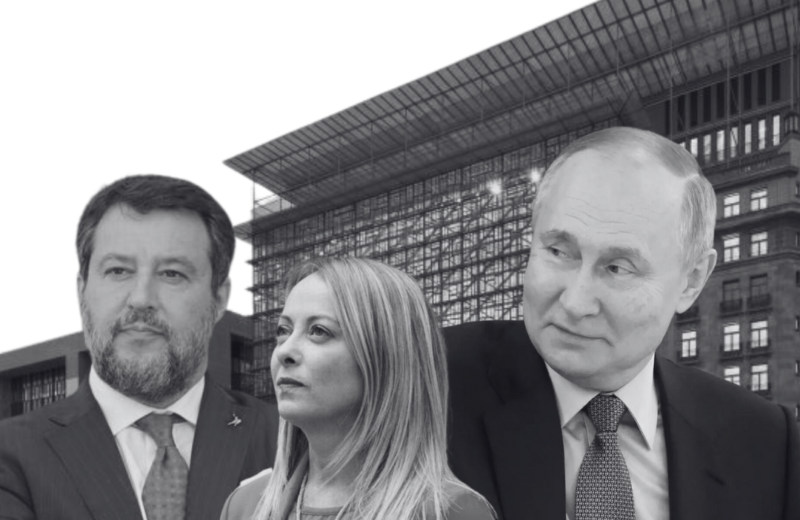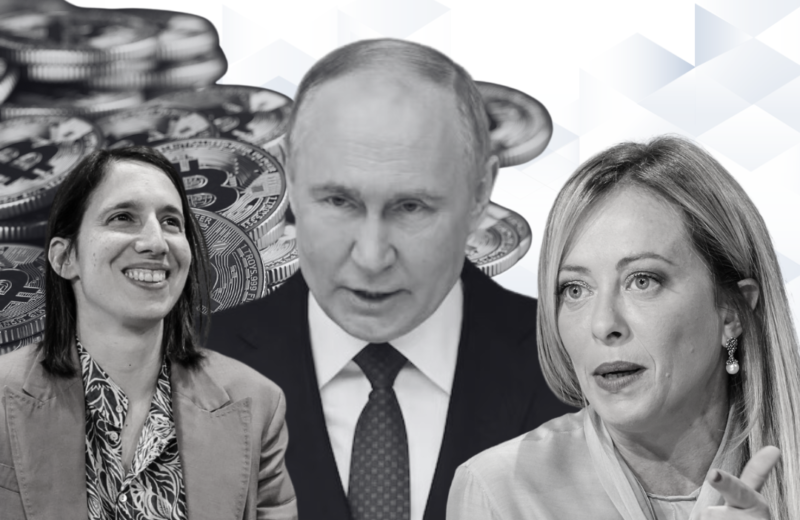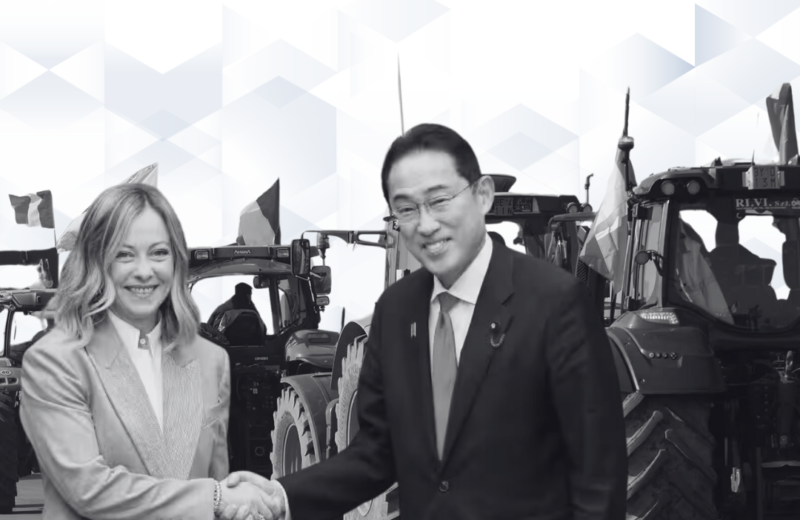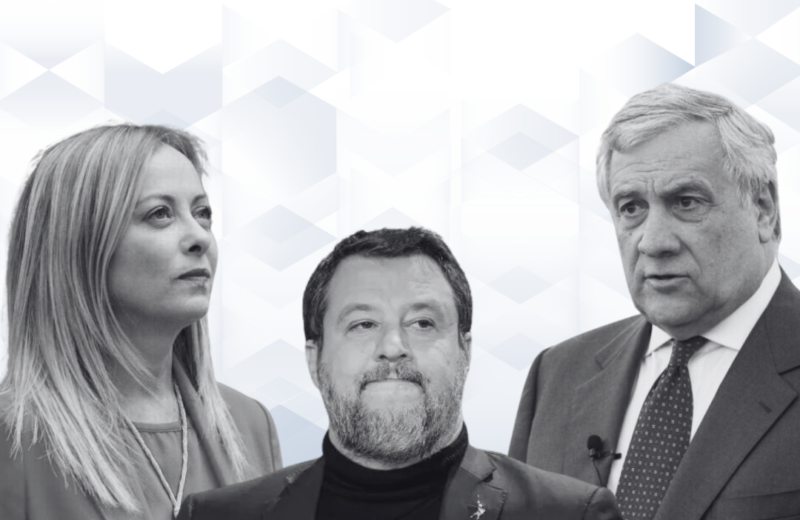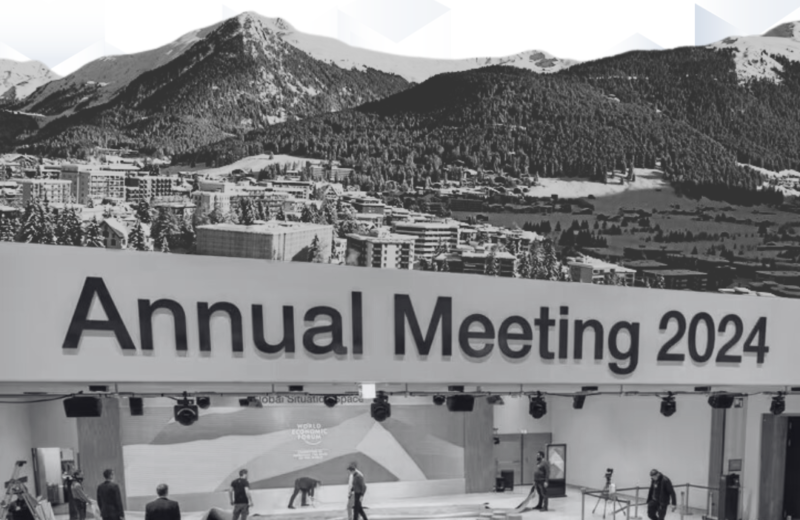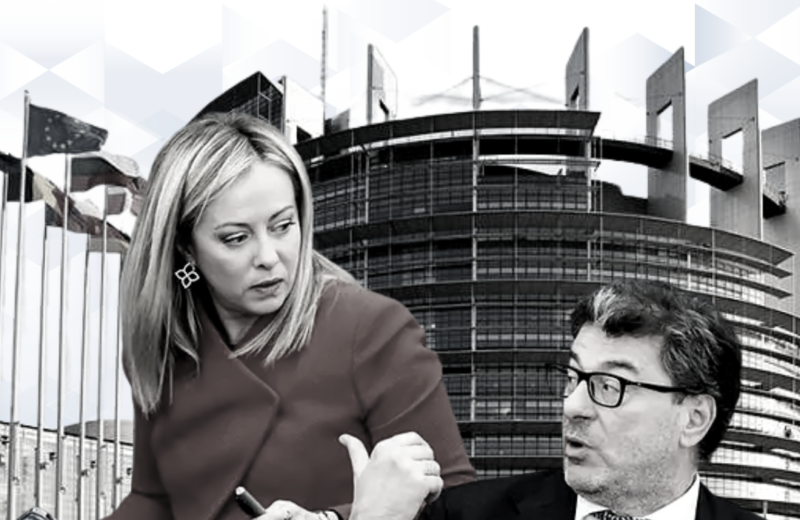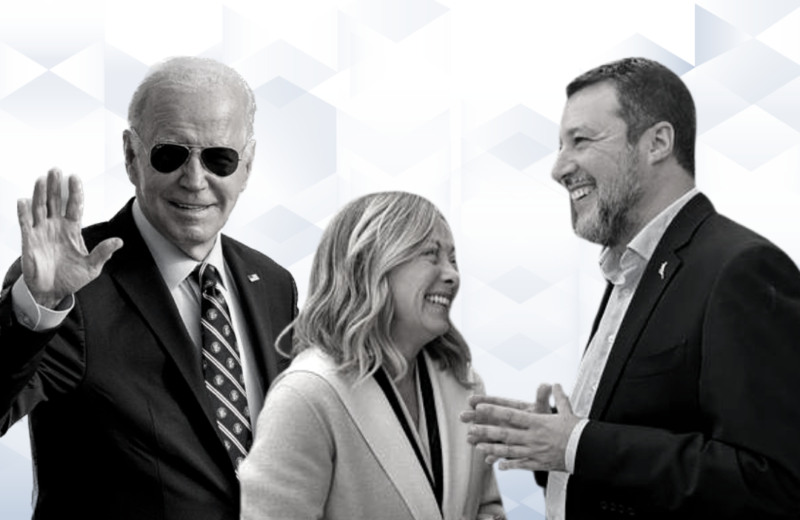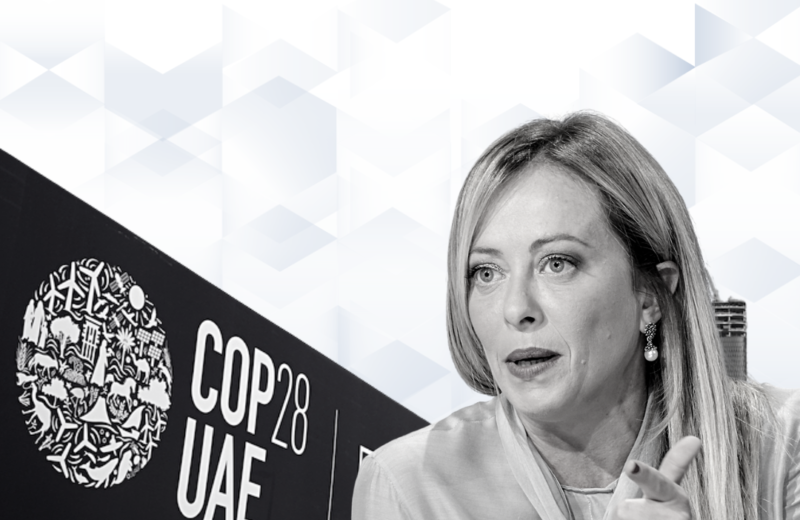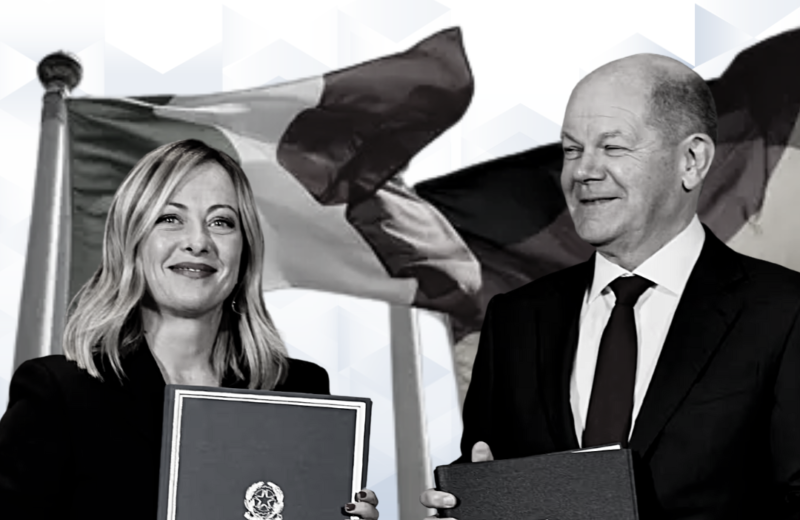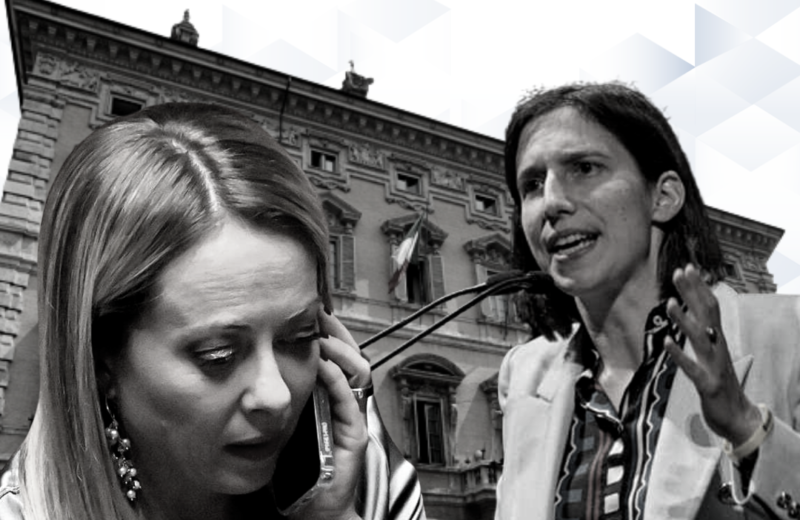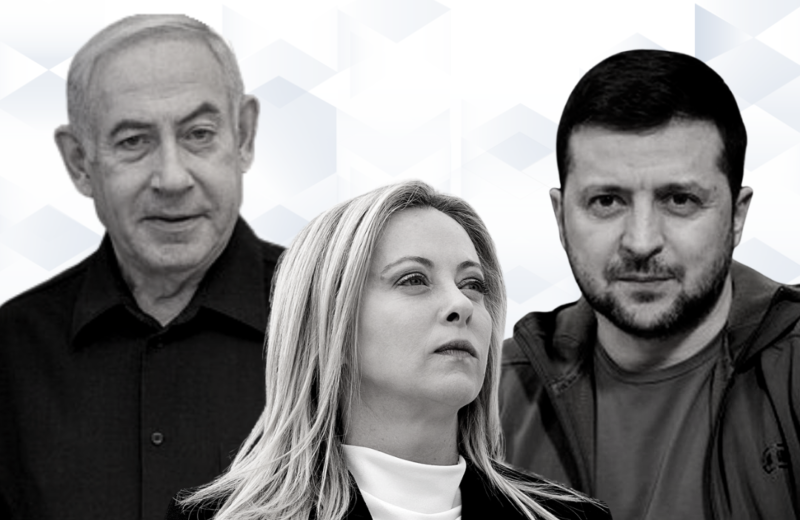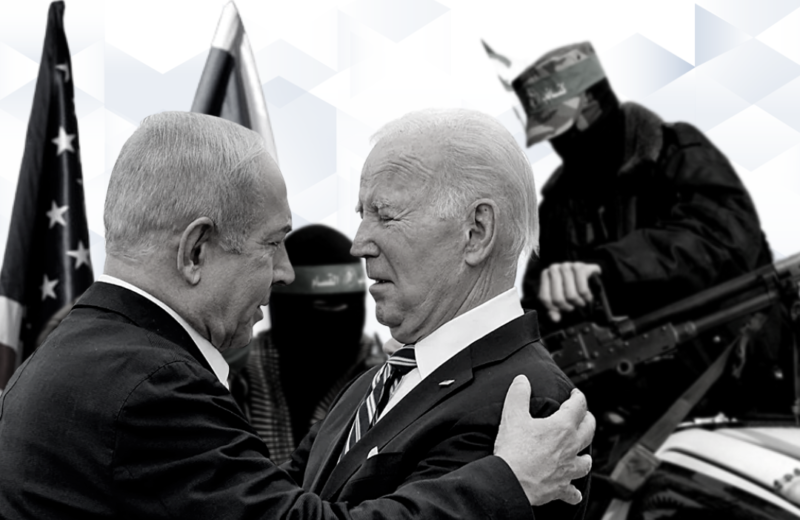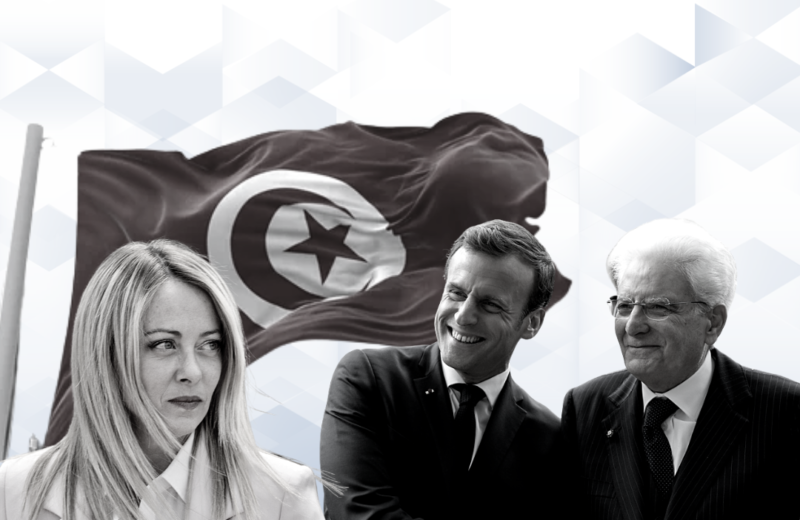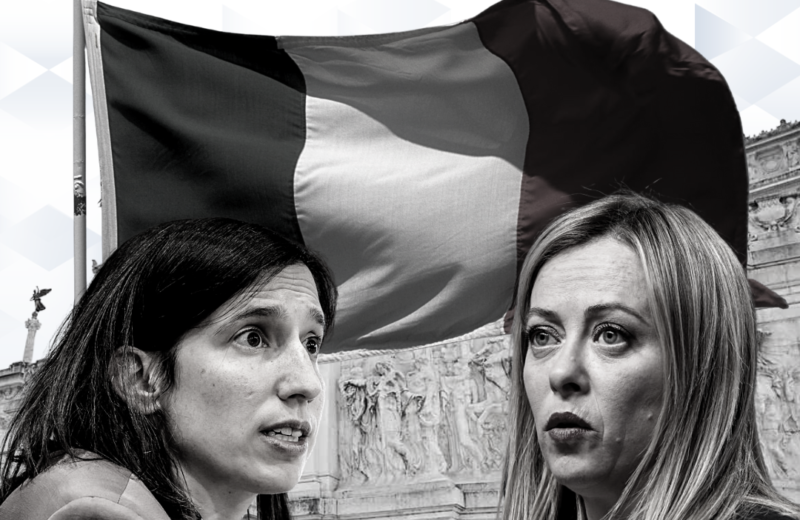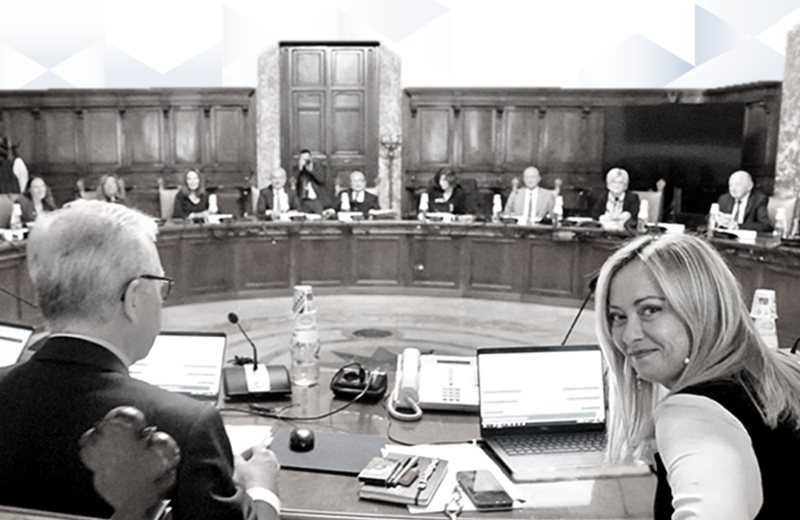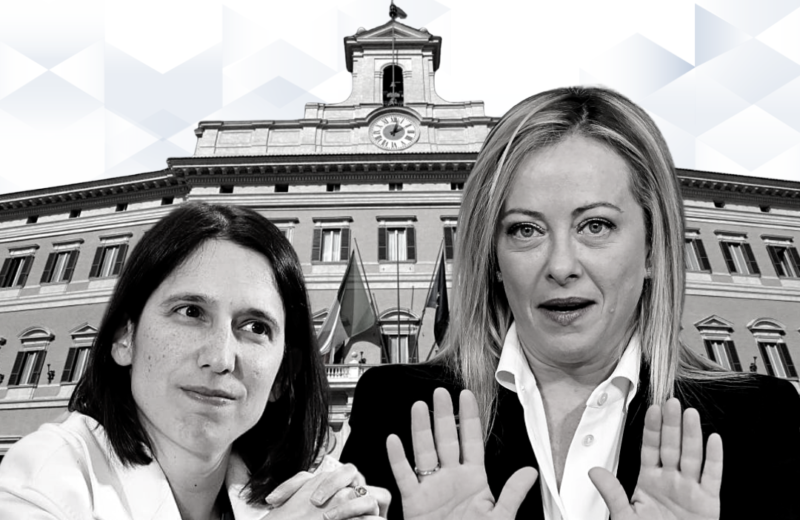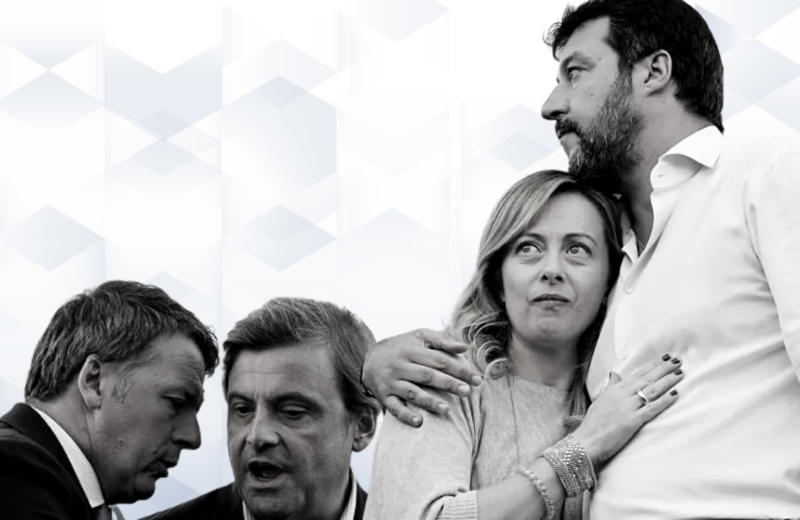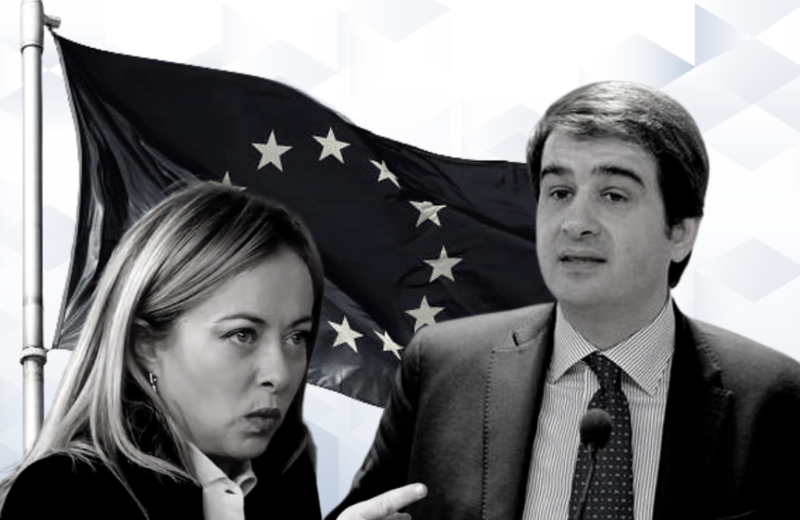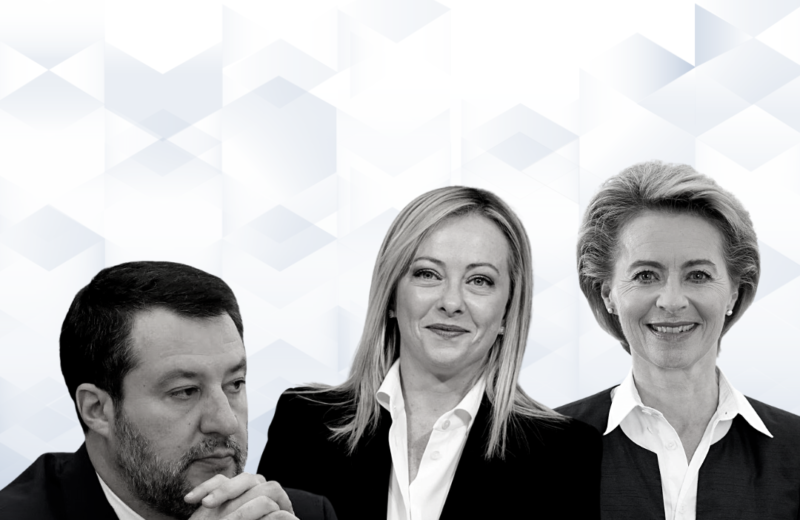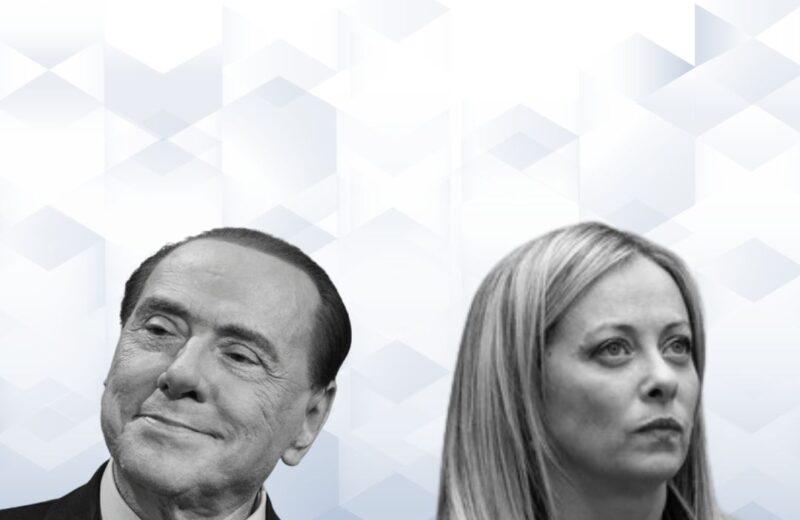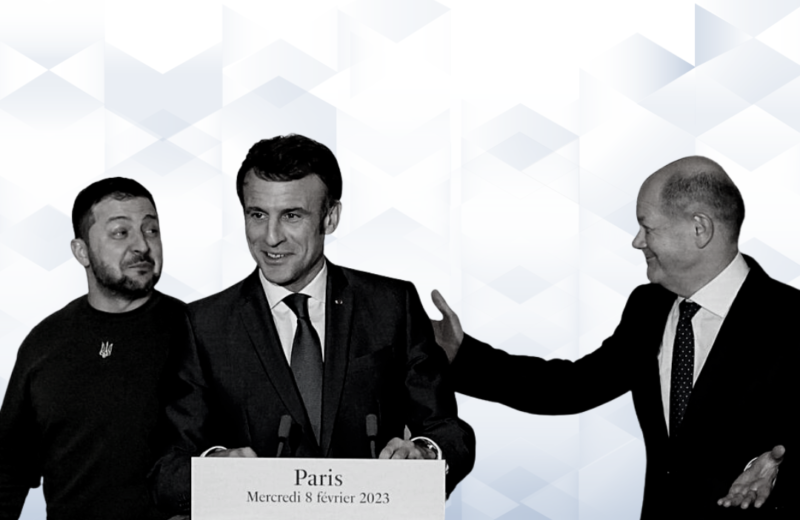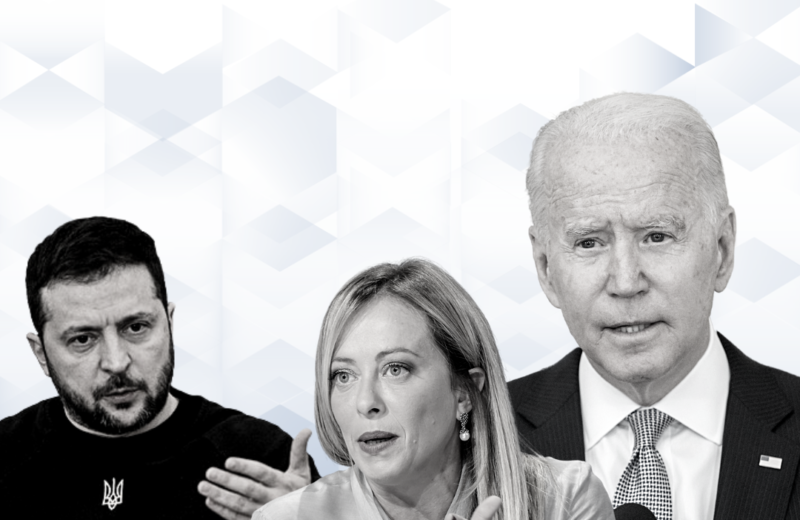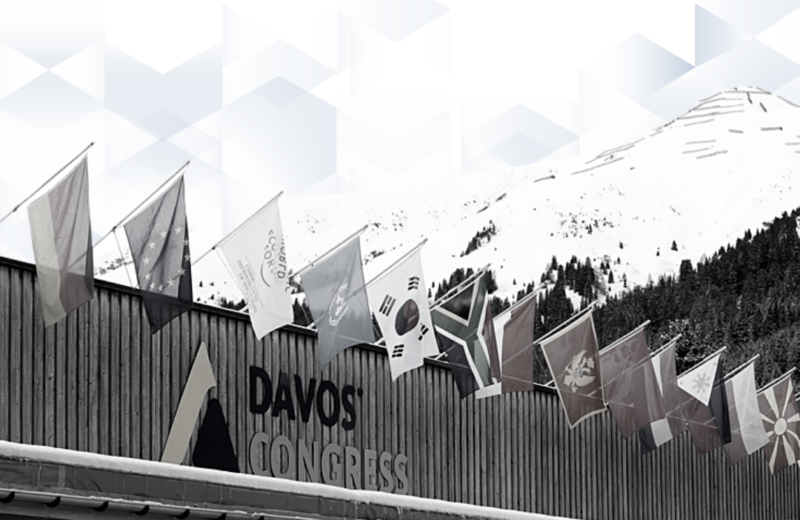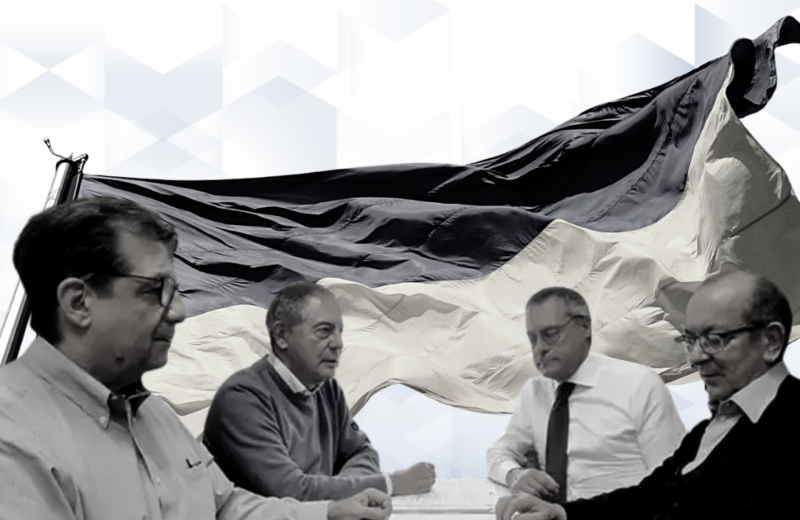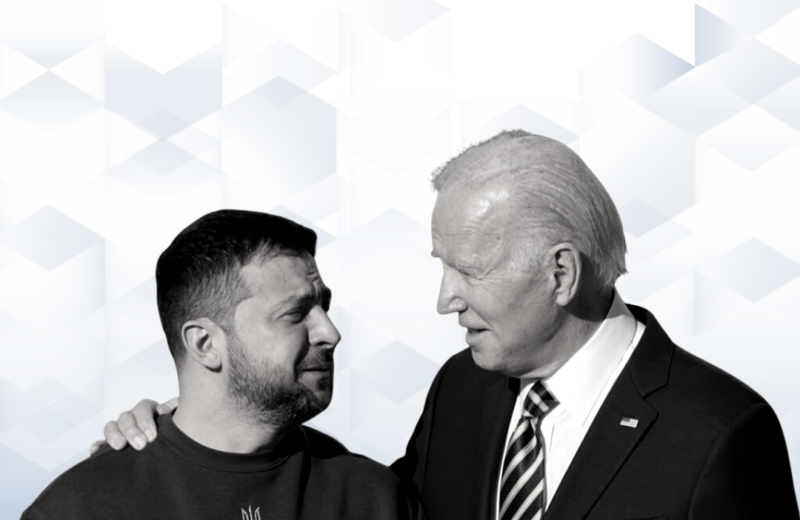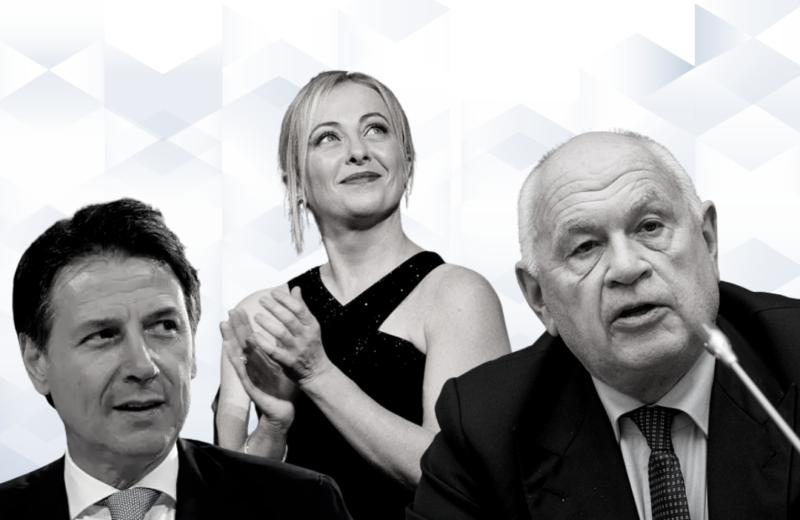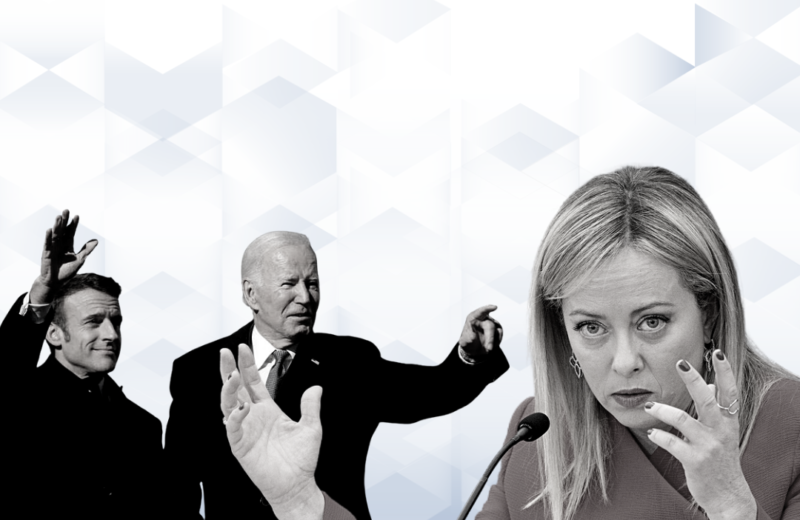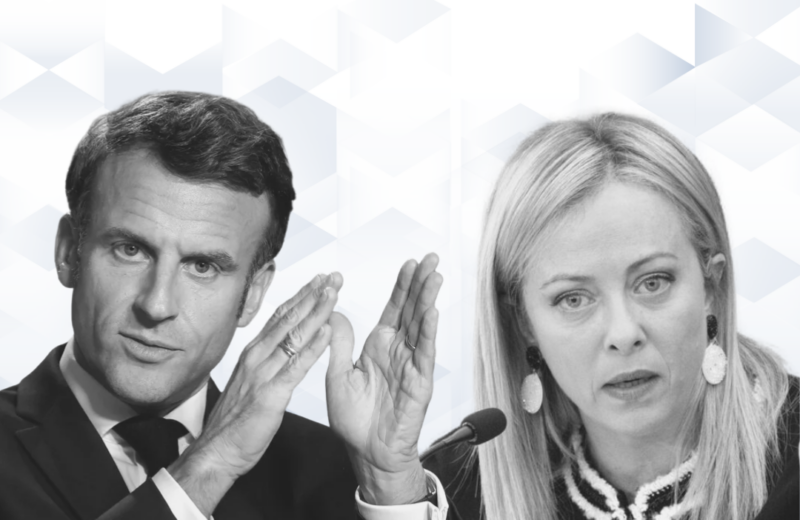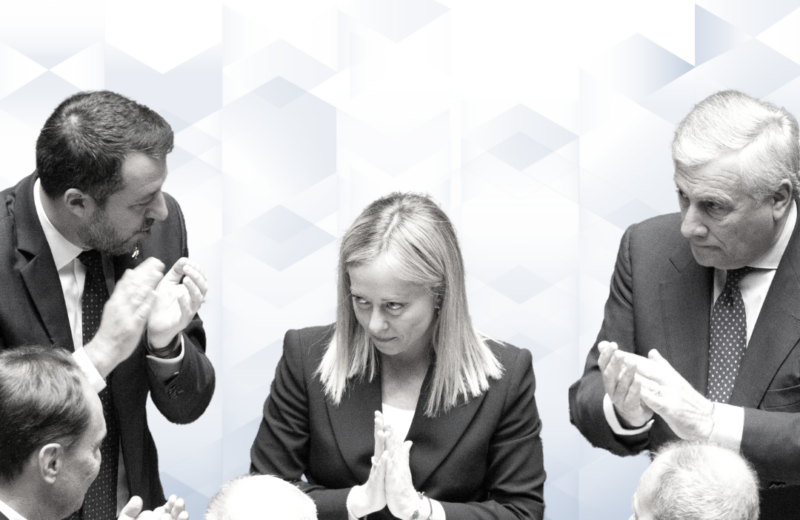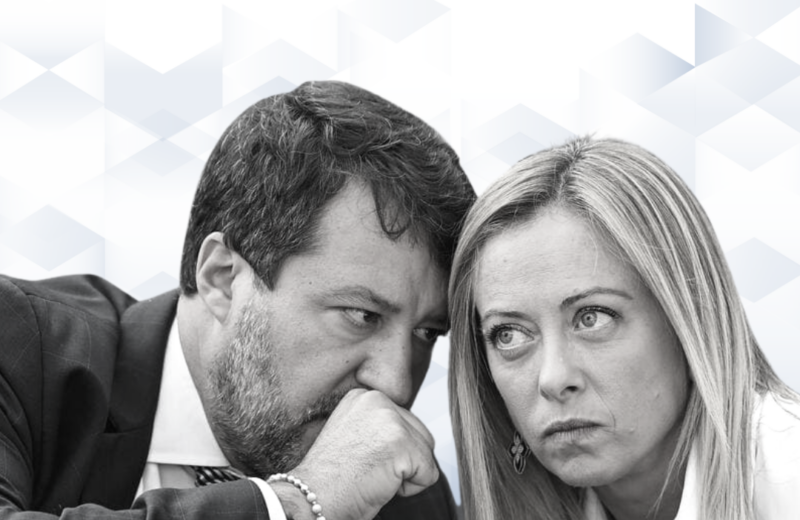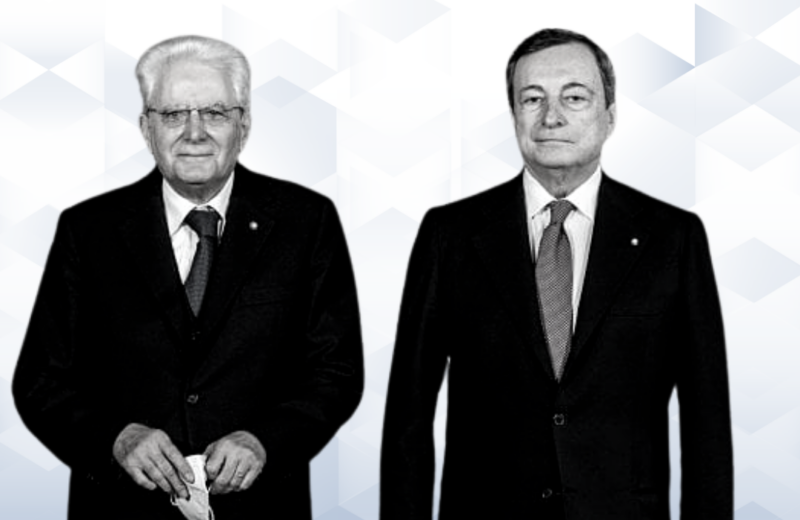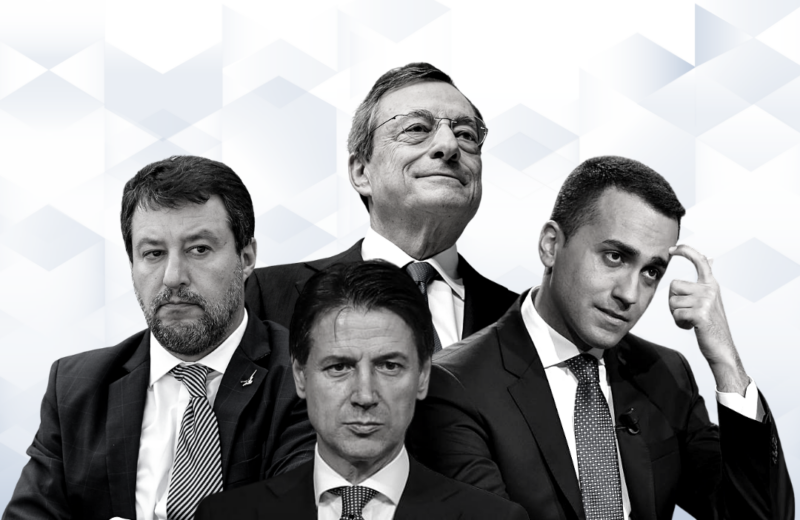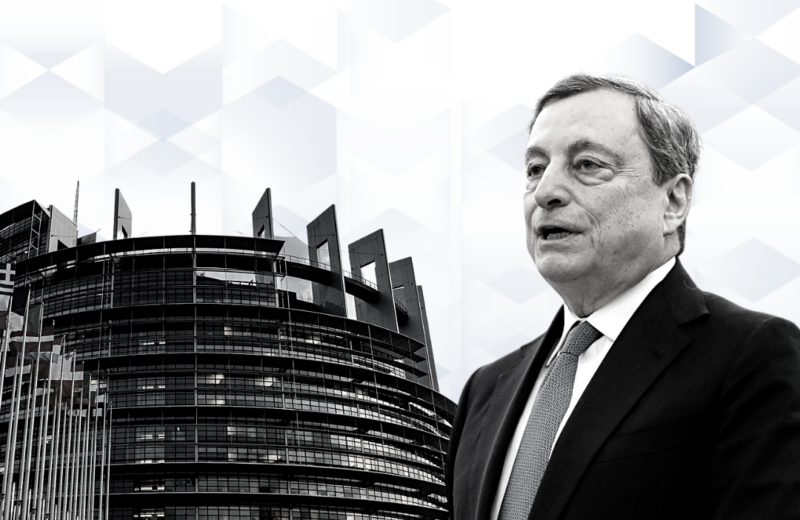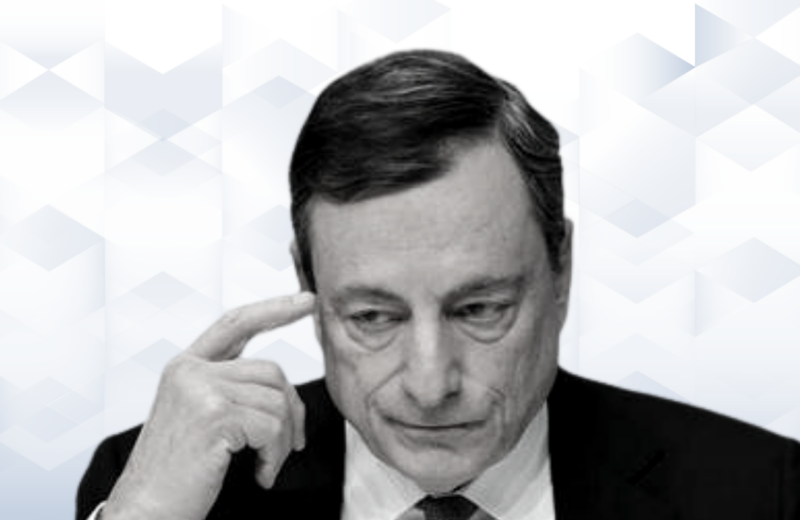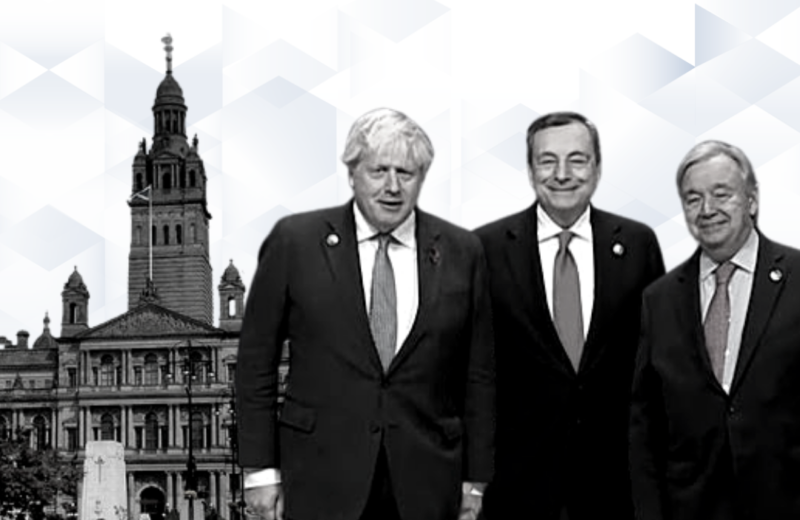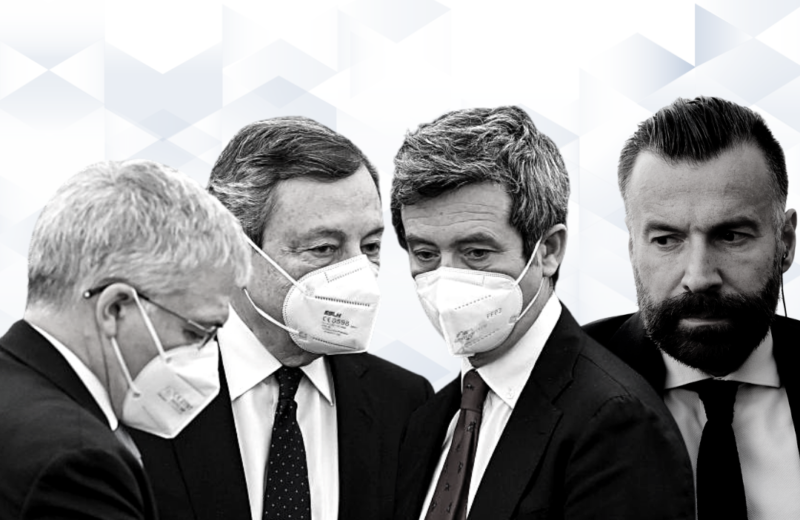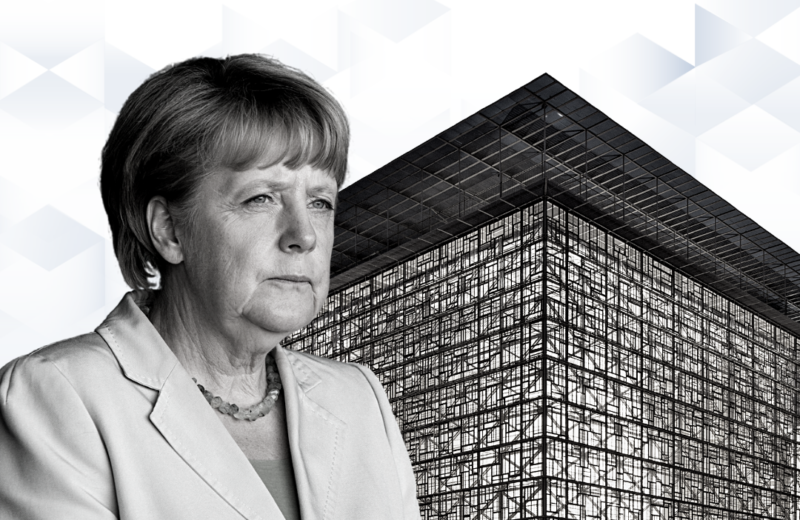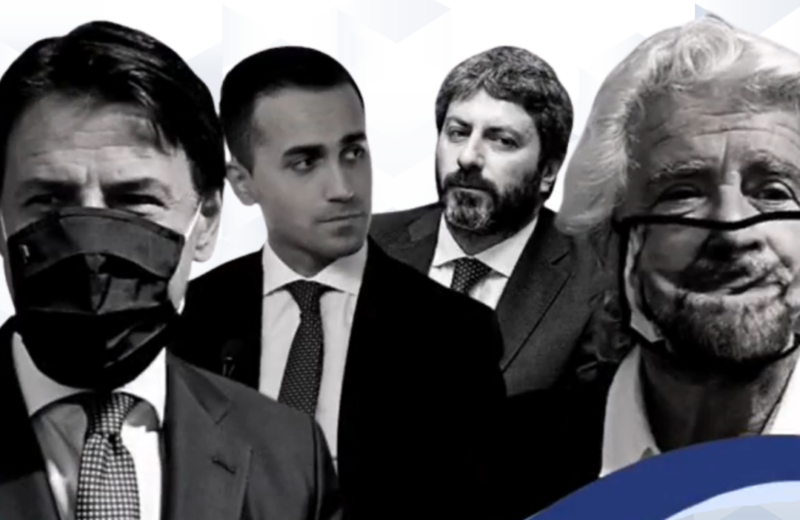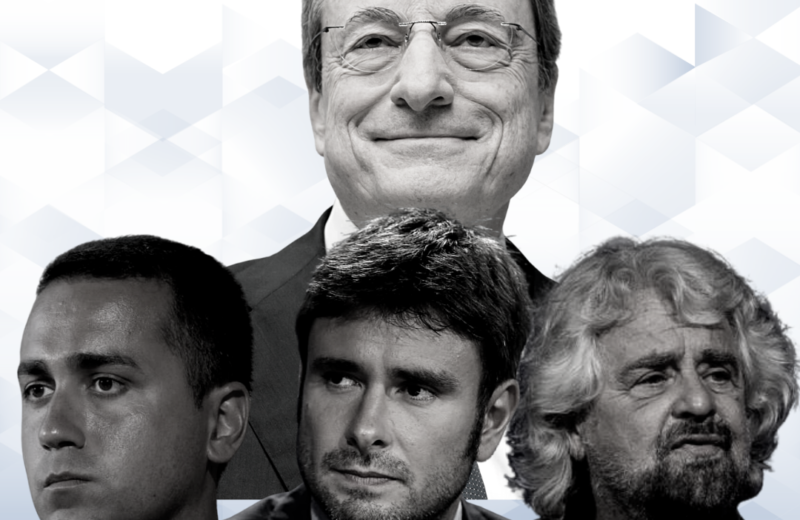The Polish incident in the G20 framework
The ongoing war in Ukraine has for the first time crossed its borders and invaded Poland, where on Tuesday evening a Russian-made S-300 missile hit the village of Przewodów, a few kilometers from the border, causing two deaths. An explosion that raised international tensions and put NATO, of which Poland is a member, in a turmoil. If the missile had been of Russian origin, this would have given Poland the opportunity to invoke the now renowned “Article 5” of the Atlantic Pact, which provides military intervention by allied countries in the event of an attack by a member State. The raison d’être of the entire international organization, until now only invoked by the US after September 11. However, after hours of fears and frantic diplomatic contacts, the possibility of NATO entering the conflict because of this incident seems to have now been averted. To date, in fact, it seems certain that the missile in question belonged to the Ukrainian air defenses and was not the result of a deliberate attack by Russian forces. It would therefore have been an unfortunate accident: the most likely hypothesis is that the Ukrainian anti-aircraft, in its attempt to intercept the Russian missiles, missed its target or miscalculated its trajectory, thus ending up in Polish territory. However, this does not diminish the responsibility of Moscow, which continues to relentlessly attack Kiev, as emphasized in the statement of the leaders meeting on the sidelines of the G20. Prime Minister Giorgia Meloni also specified that «the hypothesis that a Ukrainian anti-aircraft missile fell in Poland does not change the substance: the responsibility for what happened, as far as we are concerned, is entirely Russian».
In any case, although the investigation is formally still ongoing, the matter seems to be closed. Despite the seriousness of the episode, the Polish case also brings with it some reassuring considerations, demonstrating that, despite the tragedy of the conflict, the West, and the United States in particular, want to avoid a further escalation of tension. The ascertainment of the facts was rapid and punctual and the hypothesis of a Russian attack on a NATO country was initially downplayed and not manipulated for not to create unnecessary alarmism. Certainly no discounts were to be given to Moscow, but the handling of the crisis showed that the parties outside the conflict were aiming at containing it rather than at military intervention. A further positive element is the fact that the “Polish incident” took place within the framework of the G20, held in Bali this week, where the leaders of the world’s major powers showed that they knew how to act as moderators and balancers on a global scale and that they wanted to avoid the risk of a rift between the West and the rest of the world. Indeed, the G20 was an opportunity for various realities to open up to dialogue, as demonstrated by the meeting between Presidents Biden and Xi Jinping, who after three hours of discussion reaffirmed their willingness to work together on issues of global interest and expressed their condemnation of the use of nuclear power. Giorgia Meloni, who took full advantage of this opportunity to weave important diplomatic relations with a succession of bilateral meetings on the sidelines of the event, also knows this well. «Long and cordial», Meloni revealed, the one with the American President with whom the Prime Minister spoke about energy, rising prices and a possible increase in gas supplies, concluding with a promise to meet soon. Equally important was the one with the Chinese President where, among other things, Italian exports to China and the relaunch of bilateral relations were discussed. The third meeting, perhaps the most awaited one, with French President Emmanuel Macron, however, did not take place, demonstrating how the wound over migrants has not yet healed and the détente between the two countries is not entirely complete. In any case, Giorgia Meloni proudly claimed the results obtained by Italy «which has been the protagonist of this G20. The idea of a solid and stable government – she said – gives a long-term projection and makes it easier to imagine Italy as fundamental for relations». A clear change, the Premier pointed out, with respect to past executives characterized by a short time horizon and more varied majorities.
It can therefore be said that as a result of the G20, the world climate has improved under the banner of dialogue and confrontation and in the collective effort not to widen the Ukrainian conflict by containing it as “locally” as possible. The world can breathe a sigh of relief, for now.


